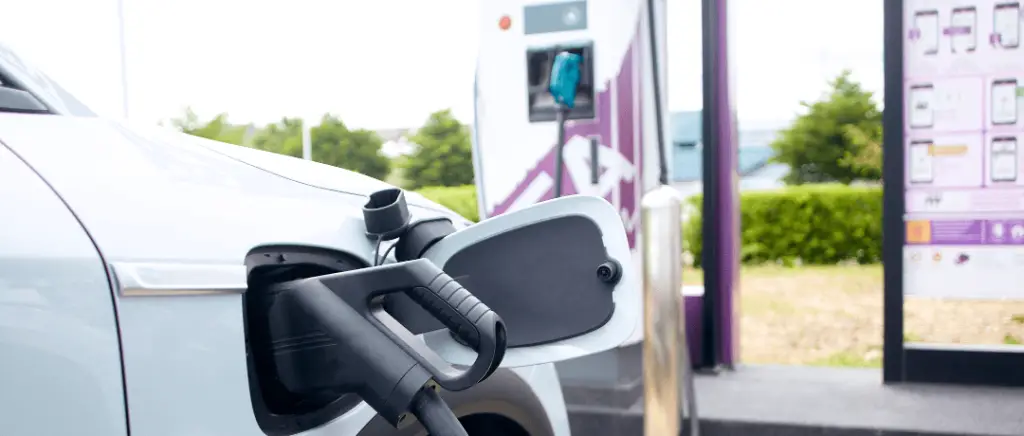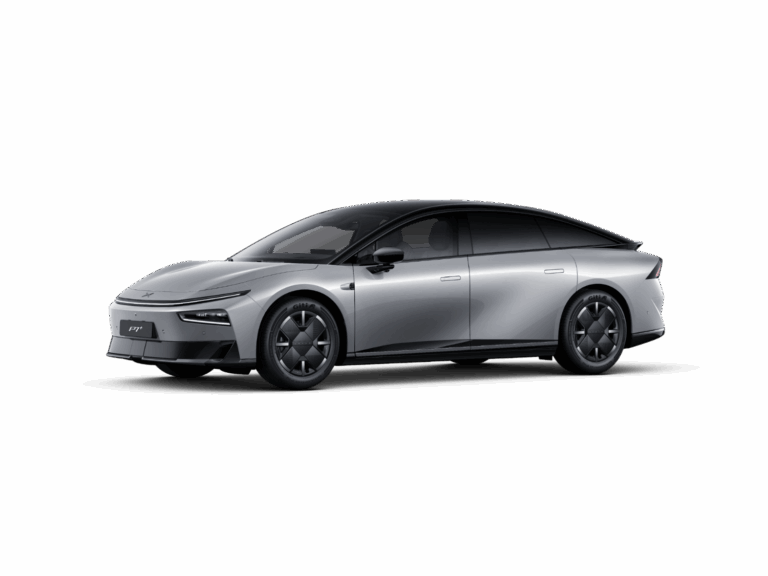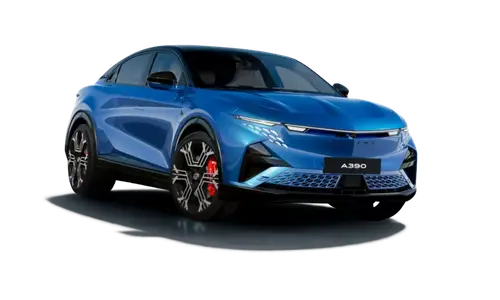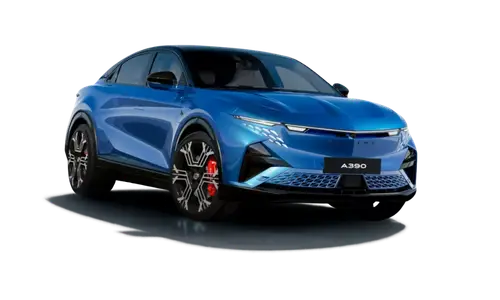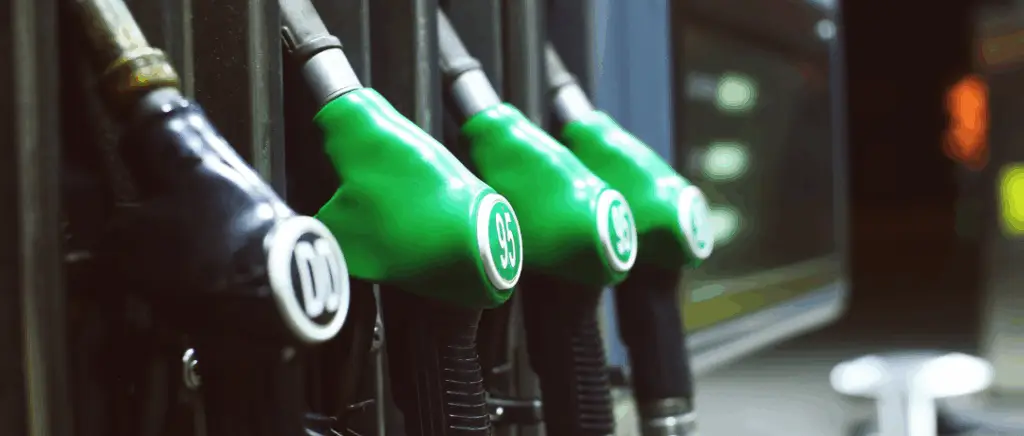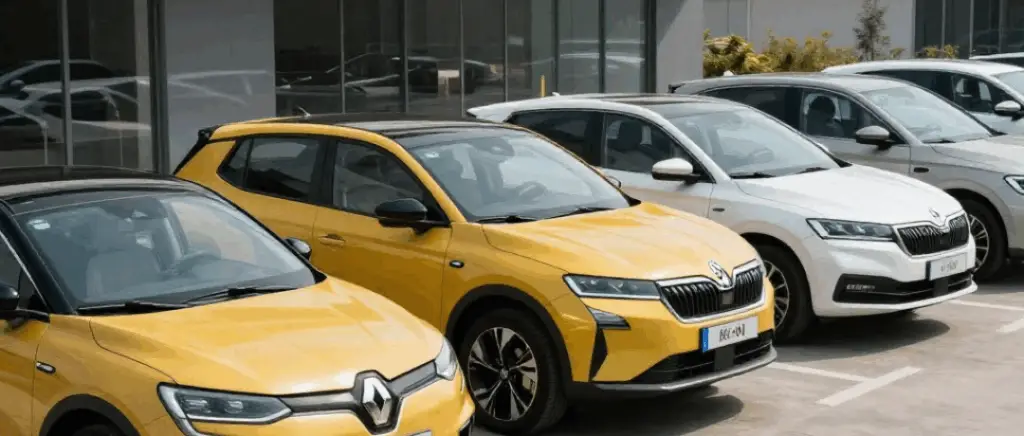Key figures for recharging solutions in France at the beginning of 2024
Since the start of 2024, 1,216 new stations have been added to the network, bringing the total to 5,338 new charging points accessible to the public.
There are currently 123,347 public charging points (Avere figures as at 29 February 2024). This month saw 3,002 new installationsequivalent to a growth of 2.49 %. In short, there is 183 recharging points per 100,000 inhabitants about.
Despite these encouraging figures, which demonstrate France's determination to develop electromobility, it should be noted that the evolution rate over 12 months fell below 40 % for the first time, reaching a level of increase of only 36 %. The availability of recharging points seems to be stabilising at the start of the year, after a steady decline in 2023, reaching 81 % in February 2024 for the AC current terminalswith disparities depending on the power of the terminals.
The graph below shows that the availability of DC charging points is lower than that of AC charging points (availability in %).
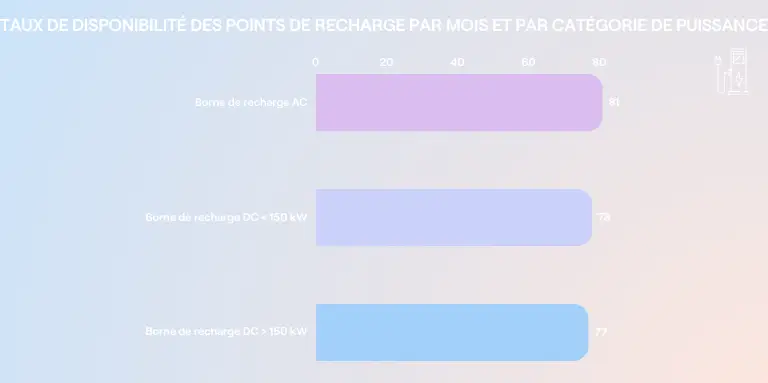
Source : Avere-France
Problems detected with charging stations in the region
Despite technological advances and a growing commitment to sustainable mobility, persistent problems are hampering the user experience. So what are the challenges facing the electric charging network in France? And what solutions are being considered to improve the accessibility and reliability of the electric charging network in France?
Increasingly frequent breakdowns
Recurrent breakdowns at public charging points are a major challenge for electric vehicle users. Despite efforts to extend the recharging network, statistics show that the number of outages is still very low. Alarming increase in breakdown incidentscompromising the reliability of the system.
As previously stated, Avere-France reassures us that availability would have reached 81 % in February 2024. In other words, 1 bollard in 5 remains out of serviceThis is a rare occurrence at the petrol pump, except in the event of industrial action.
Negative impact on users
On the one hand, companies dependent on fleets of electric vehiclescan be faced with operational delays and financial losses due to charging failures while on the move. These unplanned interruptions can adversely affect productivity and customer satisfaction.
On the other hand, drivers of electric cars for private use face major inconveniences on their daily journeys. Outages at charging points can lead to delaysand unscheduled journeys looking for alternative stations, and sometimes even emergency situations if recharging becomes impossible.
Our electrifying recommendations to overcome these problems
Terminal failures can be attributed to a variety of factors, such as :
- acts of vandalism,
- from technical problems,
- a inadequate maintenance,
- or a unresponsive after-sales service.
To solve these problems, it is essential to implement effective measures.
For example, it would be wise :
- use preventive maintenance,
- improve the monitoring and responsiveness of breakdown services,
- raise awareness among users of the need to use recharging infrastructure responsibly.
Disparities in the distribution of charging points
France faces a major challenge when it comes to electric mobility: the uneven distribution of charging points across the country.
Although recharging solutions have been deployed in France, the number of terminals remains insufficient for drivers and thelack of a deployment strategy continues to vary from one region to another.
And with good reason: here are the current statistics showing the distribution of charging points by region (data updated to 29 February 2024).
| RÉGIONS MÉTROPOLITAINES | NOMBRE DE POINTS DE RECHARGE |
|---|---|
|
Hauts-de-France
|
11 151
|
|
Normandy
|
6 634
|
|
Great East
|
11 853
|
|
Brittany
|
5 301
|
|
Île-de-France
|
21 412
|
|
Pays de la Loire
|
5 914
|
|
Centre-Val de Loire
|
5 156
|
|
Burgundy-Franche-Comté
|
4 850
|
|
New Aquitaine
|
11 998
|
|
Auvergne-Rhône-Alpes
|
14 484
|
|
Occitania
|
12 015
|
|
Provence-Alpes-Côte d'Azur
|
11 161
|
|
Corsica
|
802
|
On the other hand, here is a tabular summary of the overseas regions:
| RÉGIONS D’OUTRE-MER | NOMBRE DE POINTS DE RECHARGE |
|---|---|
|
Guadeloupe
|
126
|
|
Martinique
|
154
|
|
French Guiana
|
44
|
|
La Réunion
|
292
|
Source : Avere-France
What's more, the majority of charging points deliver very low levels of power, so there's less waiting time between each car, and the charging points become overcrowded.
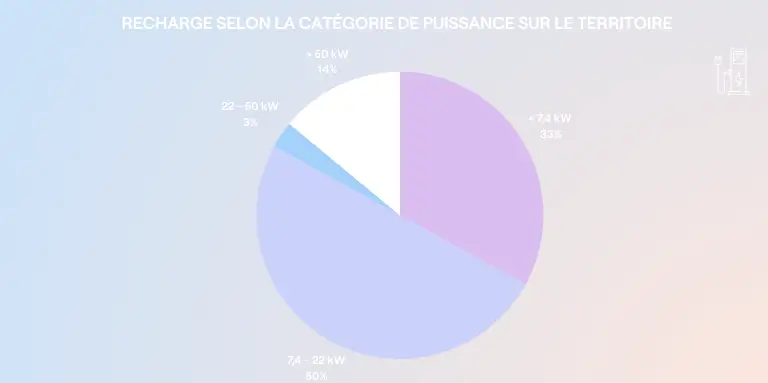
Source: Avere-France
As a reminder, the proportion of operational AC charging points is 81 %, 78 % for DC charging points delivering less than 150 kW and 77 % for more than 150 kW of power.
That said, 33 % deliver less than 7.4 kWequivalent to a household socket. Including the 7 and 22 kW charging points, which account for 50 % of charging points in the country, the figure rises to 83 %, an encouraging figure for motorists.
However, terminals with the appropriate flow rate (22 to 50 kW) only represent less than 15 %and rapids of more than 50 kW are almost non-existent, despite their renown.
Negative impact on users
This disparity can discourage private individuals considering a switch to electric vehicles. Indeed, theautonomy of electric vehicles, coupled with a heterogeneous recharging network, can create an obstacle for a feeling of insecurity for drivers on long journeys, for fear of not finding a terminal available.
For professionals with fleets of electric vehicles, this imbalance can also pose logistical problems. Route planning and recharging infrastructure must take account of the distribution of charging points, which can be complex in rural areas.
Our electrifying recommendations to overcome these problems
There are several possible solutions to these problems:
- Speed up the deployment of charging points in rural and suburban areas.
- Supporting the development of fast-charging stations so that vehicles can be recharged more quickly.
And if you want to plan an itinerary with your electric car so that you have access to all the charging points and their availability in real time, our article on the best route planners for electric cars may be of interest to you.
Electric car spaces snapped up by combustion-powered cars
Indeed, the spaces reserved for electric cars are increasingly coveted, given the exponential growth in eco-friendly vehicles over the last few decades. But that's not all, because a new problem is emerging: theoccupation of these spaces by combustion-powered vehiclesThis means that electric car users have no access to recharging. This phenomenon, known asICEd"This may or may not be intentional, but it is having a negative impact on the uptake of electric vehicles.
Negative impact on users
The relative scarcity of charging points, coupled with their occupation by non-electric vehicles, increases the time it takes to find an available point. This can be particularly stressful and frustrating for drivers on long journeys, which can lead to a loss of range for electric car drivers.
In addition, the uncertainty linked to the availability of the terminals may discourage motorists from considering a switch to electric vehicles.
Our electrifying recommendations to overcome these problems
It is important to remember the signage and the civic-minded parking in spaces reserved for recharging. Most major cities have introduced deterrent fines for poorly parked combustion-powered vehicles.
N.B. Thermal drivers risk a second-class fine of 35 euros (reduced to 22 euros and increased to 75 euros, and up to 150 euros in the event of a repeat offence).
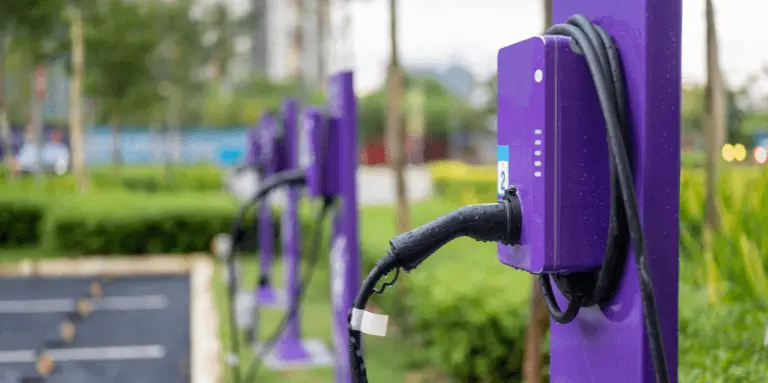
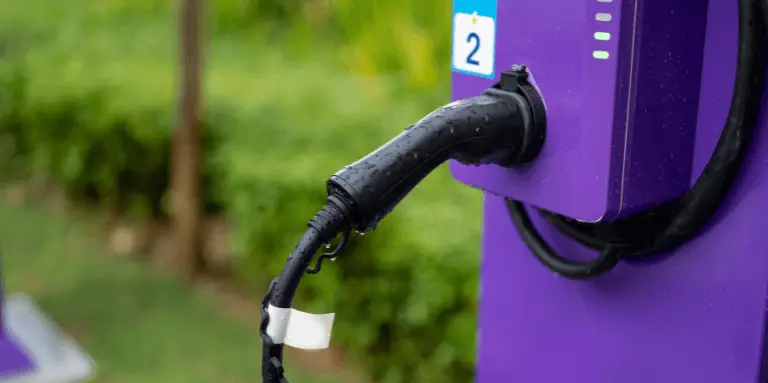
The rise and disparities in the price of public recharging
As a reminder, this 1ᵉʳ February 2024the French Minister for the Economy, Bruno Le Maire, has confirmed that theincrease in electricity tariffsaffecting millions of French people.
This sudden rise is linked to the gradual end to the government tariff shieldto be implemented in October 2021 in response to the tensions in Ukraine.
Naturally, although home charging has an impact, charging at public charging points is also experiencing a slight upward trend, even though it is not subject to the same electricity tariffs. According to QovoltisThe cost of recharging an electric car for 100 km varies enormously depending on location, and can even quadruple. For example costs fluctuate between €2.5 and €10.6.
But that's not all pricing disparities of up to 800 % on a single terminal have been identified by the consumer association UFC-Que Choisir.
It should be noted that each operator sets its own rates, which are determined by various factors, including :
- charges per minute,
- the cost per kilowatt-hour,
- parking charges,
- the operator's fixed costs.
These aspects raise major challenges in terms of encouraging more private individuals and professionals to embrace green mobility.
Negative impact on users
The above points may affect electric vehicle drivers, particularly those who do not have the option of recharging at home. This may encourage some to postpone recharging, which is not a good idea. not optimal for battery health.
💡Did you know? It is recommended to maintain the battery charged between 20 % and 80 % to avoid damage caused by full charging cycles.
Users are feeling the direct financial impact of the rise in the price of public recharging. This increase can make recharging more expensive and less attractivewhich calls into question the economic viability of electric driving.
What's more, for many users, particularly those on lower incomes, higher prices may limit access to public recharging, thereby compromising the ability of carmakers to meet their needs. transition to electric mobility and exacerbating socio-economic inequalities.
Our electrifying recommendations to overcome these problems
For both private individuals and professionals with electric fleets, there are solutions for optimising recharging costs:
- Compare rates terminal operators before plugging in your vehicle.
- Favour home recharging during off-peak hours if you have the opportunity.
- Take out a subscription with certain operators who offer low-cost monthly packages.
What's more, Beev offers a reload card giving access to over 300,000 charging points across Europe. It's free and commission-free.
Read also : The impact of rising electricity prices on my electric car
Conclusion
While France has made significant progress by installing More than 100,000 public charging points by May 2023and challenges remain for a smooth transition to electric vehicles. The fact that one charging point in five malfunctions and the uneven geographical distribution of charging points exacerbate the fear of running out of fuel. And let's not forget that there are an increasing number of charging point scams.
Read also : Charging station: the new QR code scam
Together, professionals and private individuals can transform the landscape of public charging points in France, offering a viable solution for electric vehicle drivers and encouraging widespread adoption of this eco-responsible technology. In short, managing the breakdowns of charging points requires a proactive and collaborative approach from authorities, network operators and users, to ensure a reliable and convenient recharging experience for all concerned.
By combining anticipation and action, we can contribute to a high-performance electric future that is accessible to all.
If you would like to find out more about the tax credit for in-car charging points 2024For more information, see our article on this subject.
